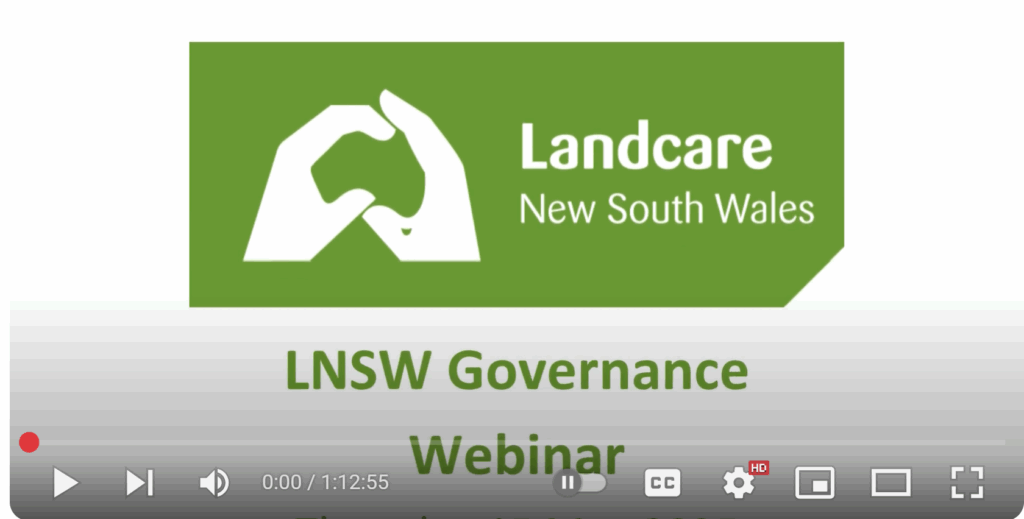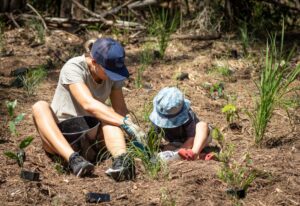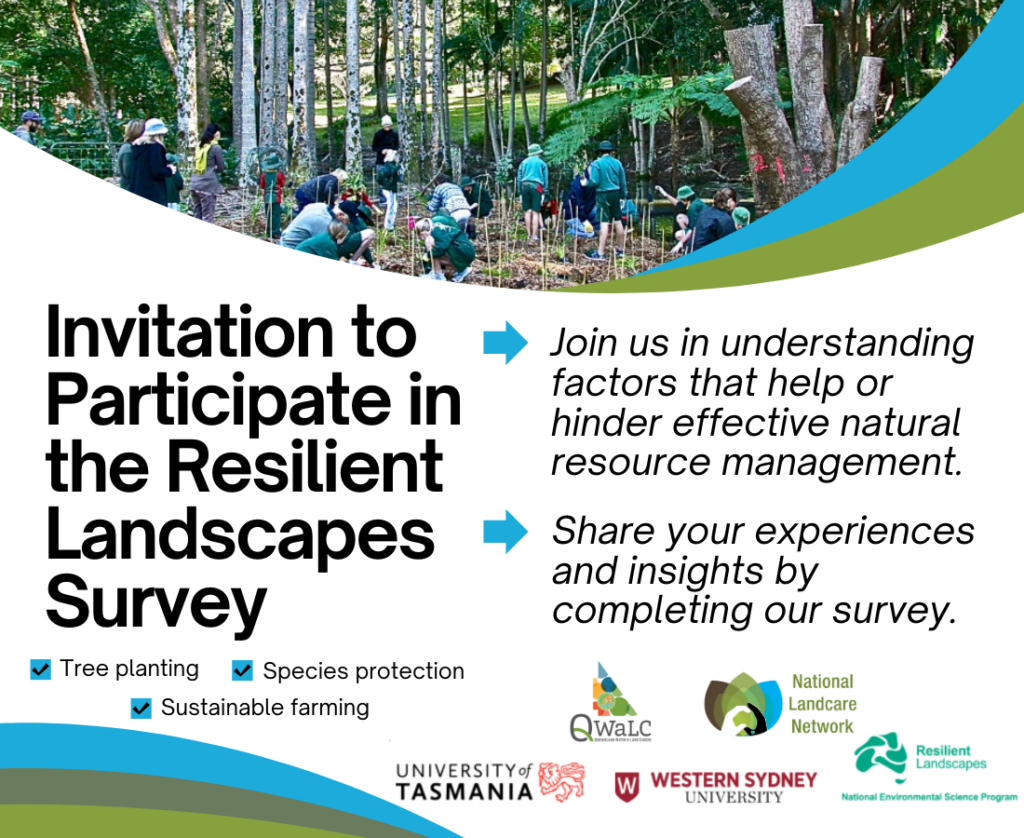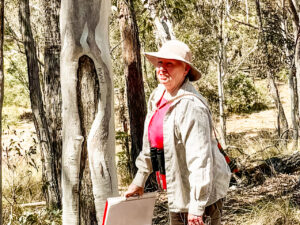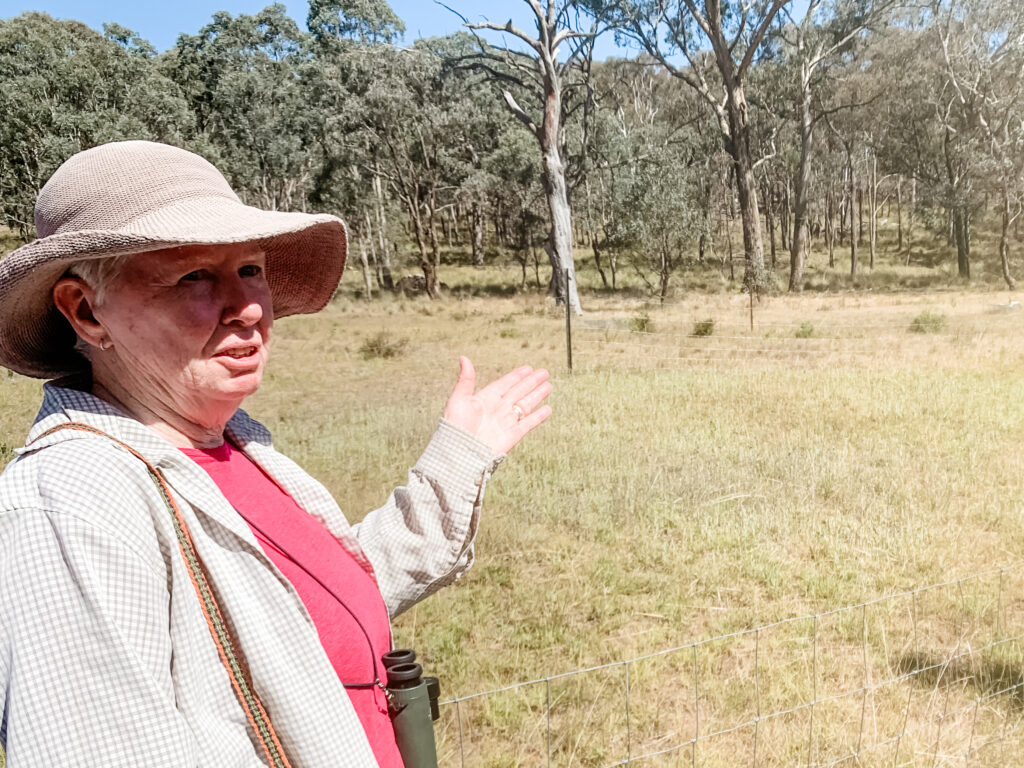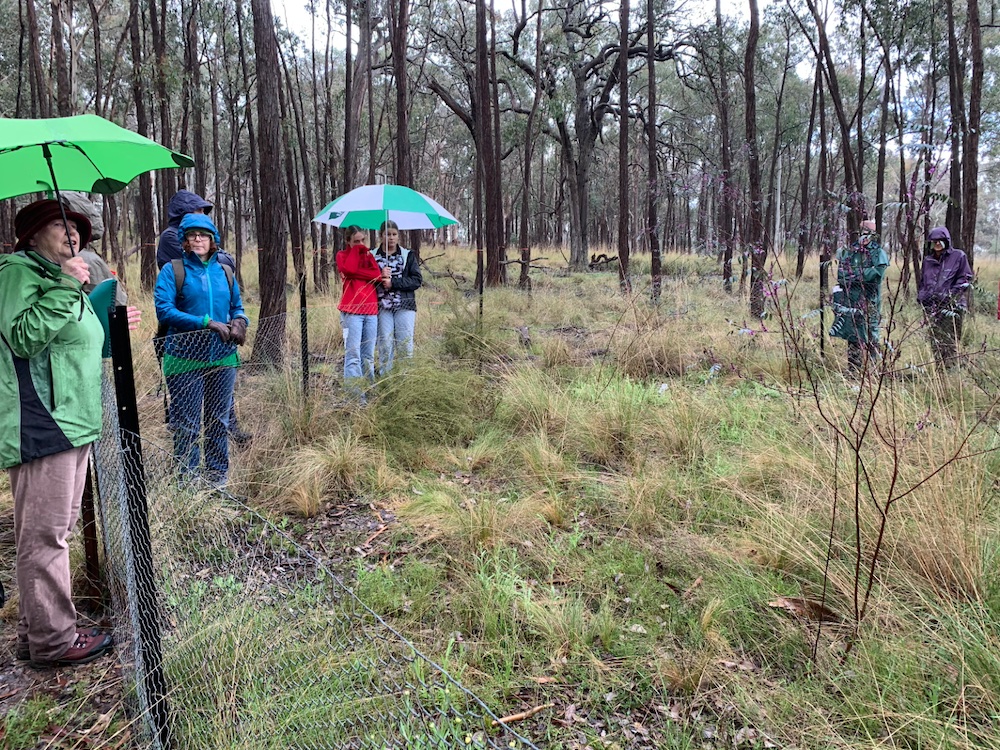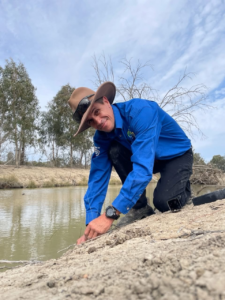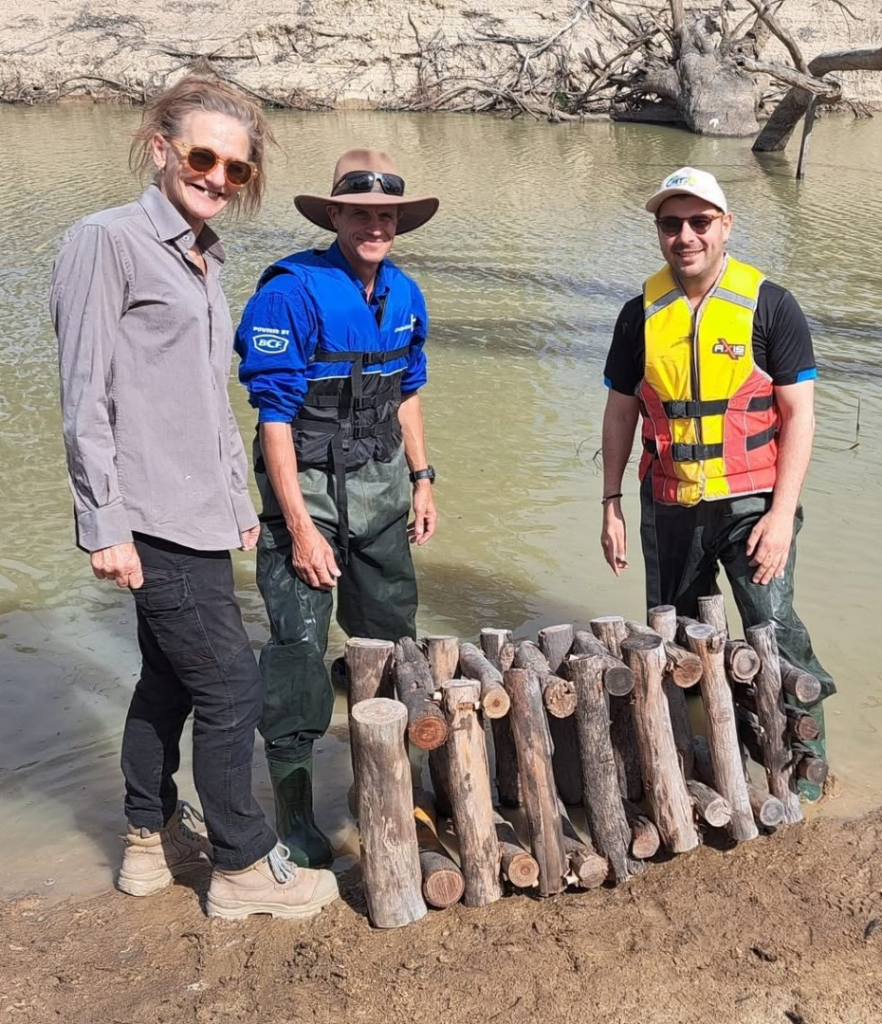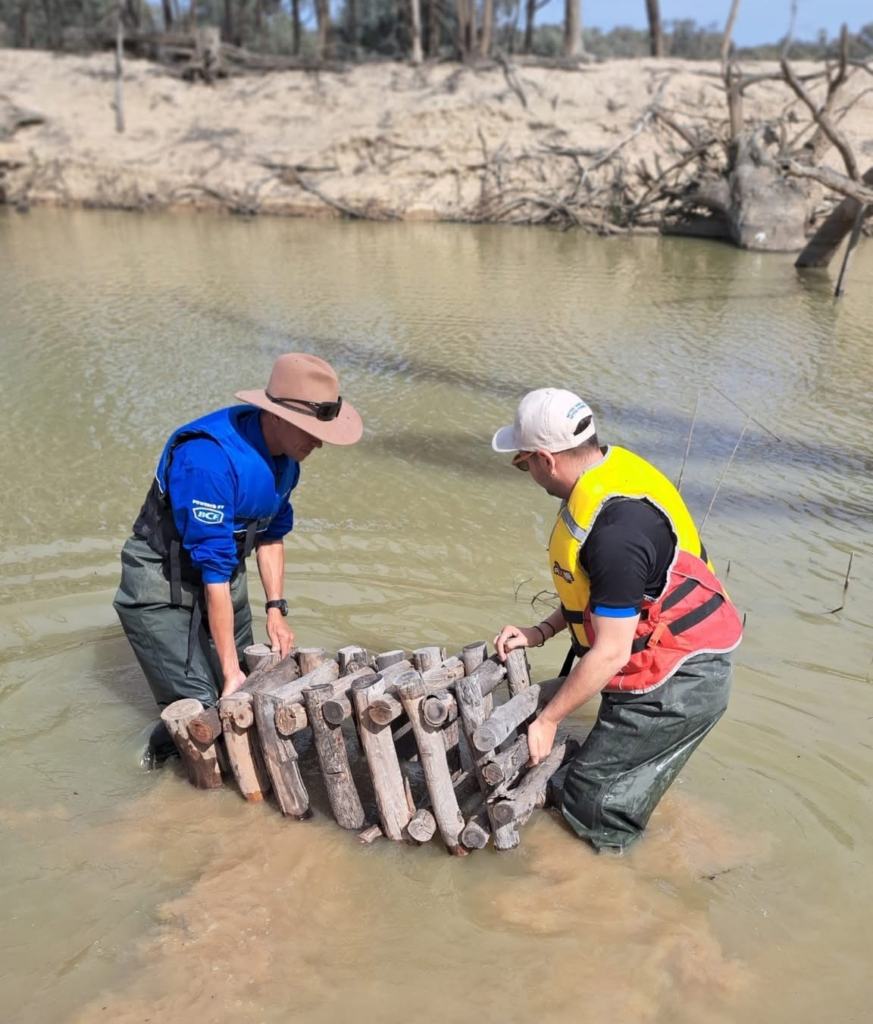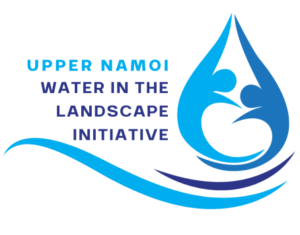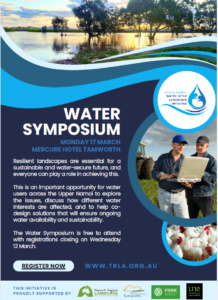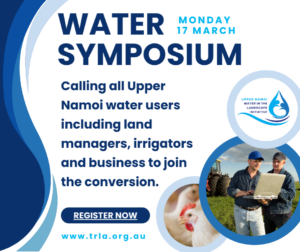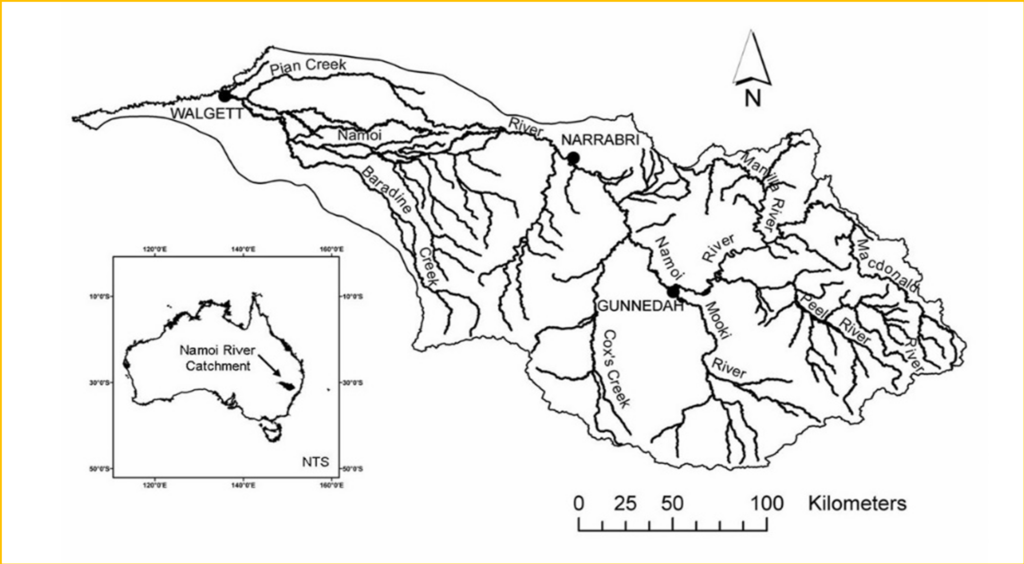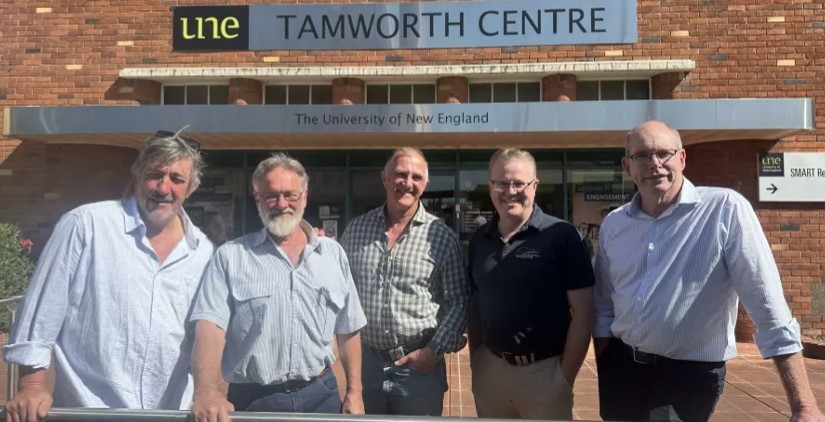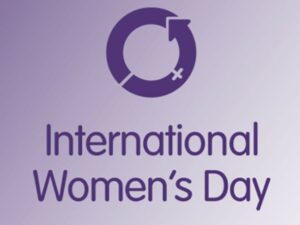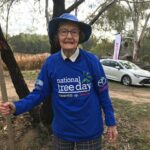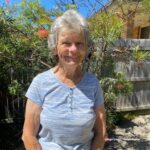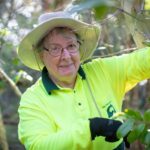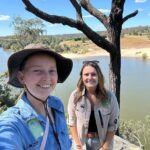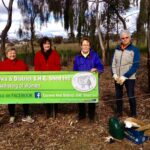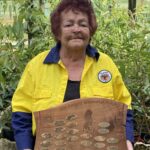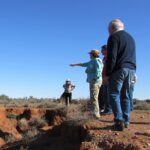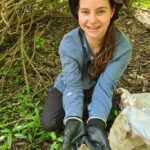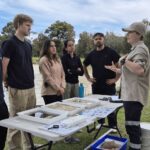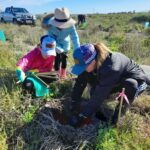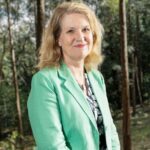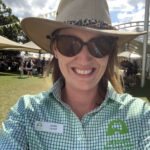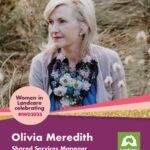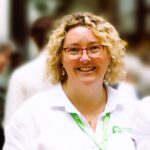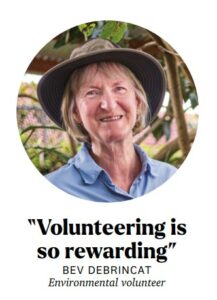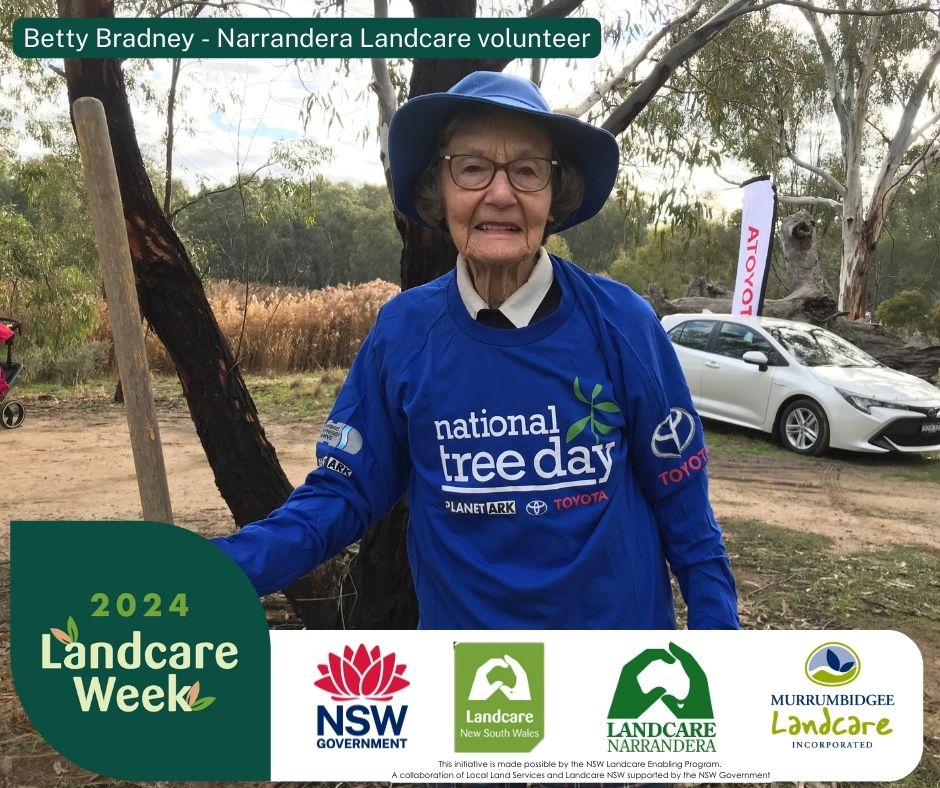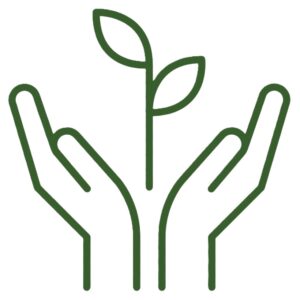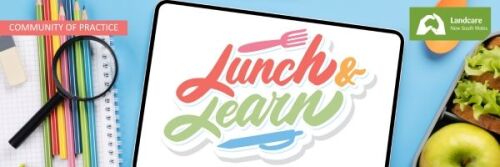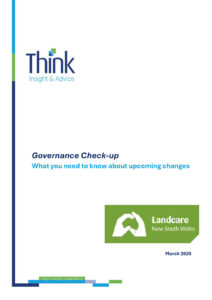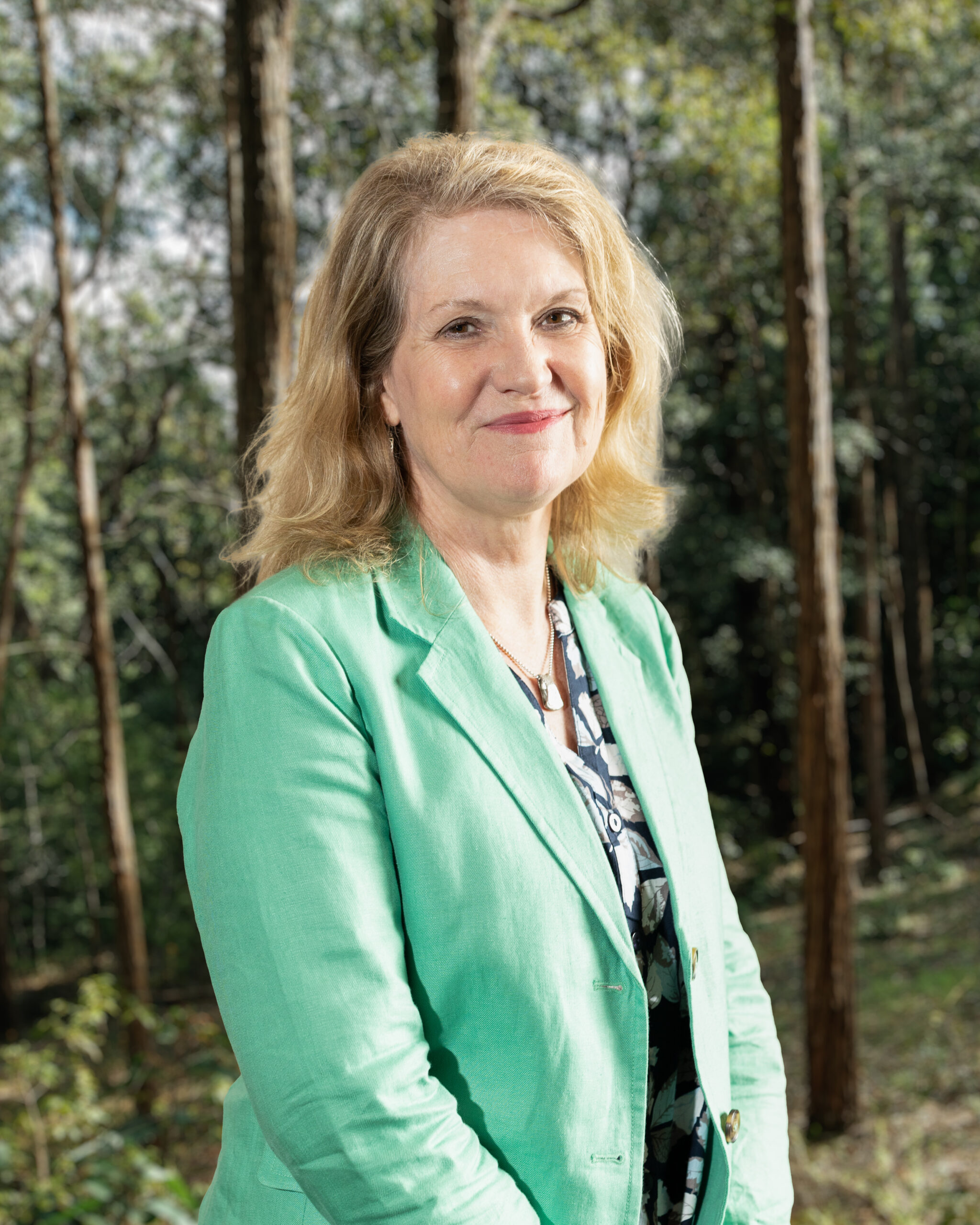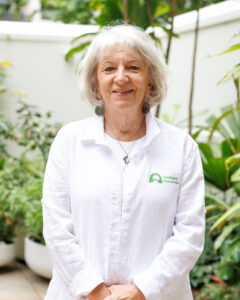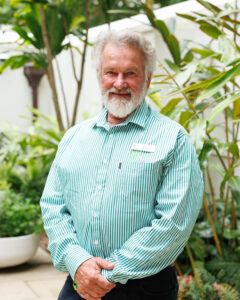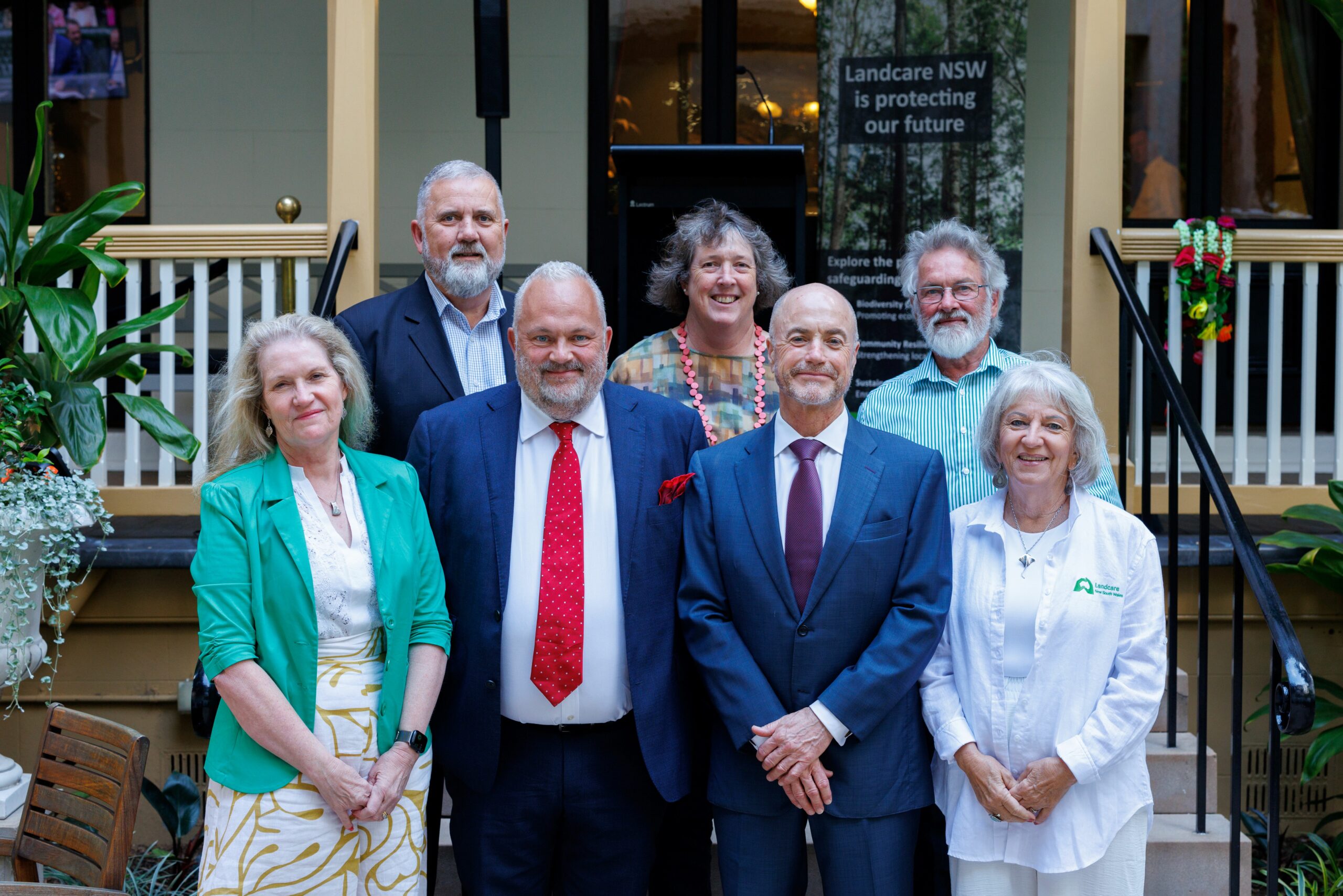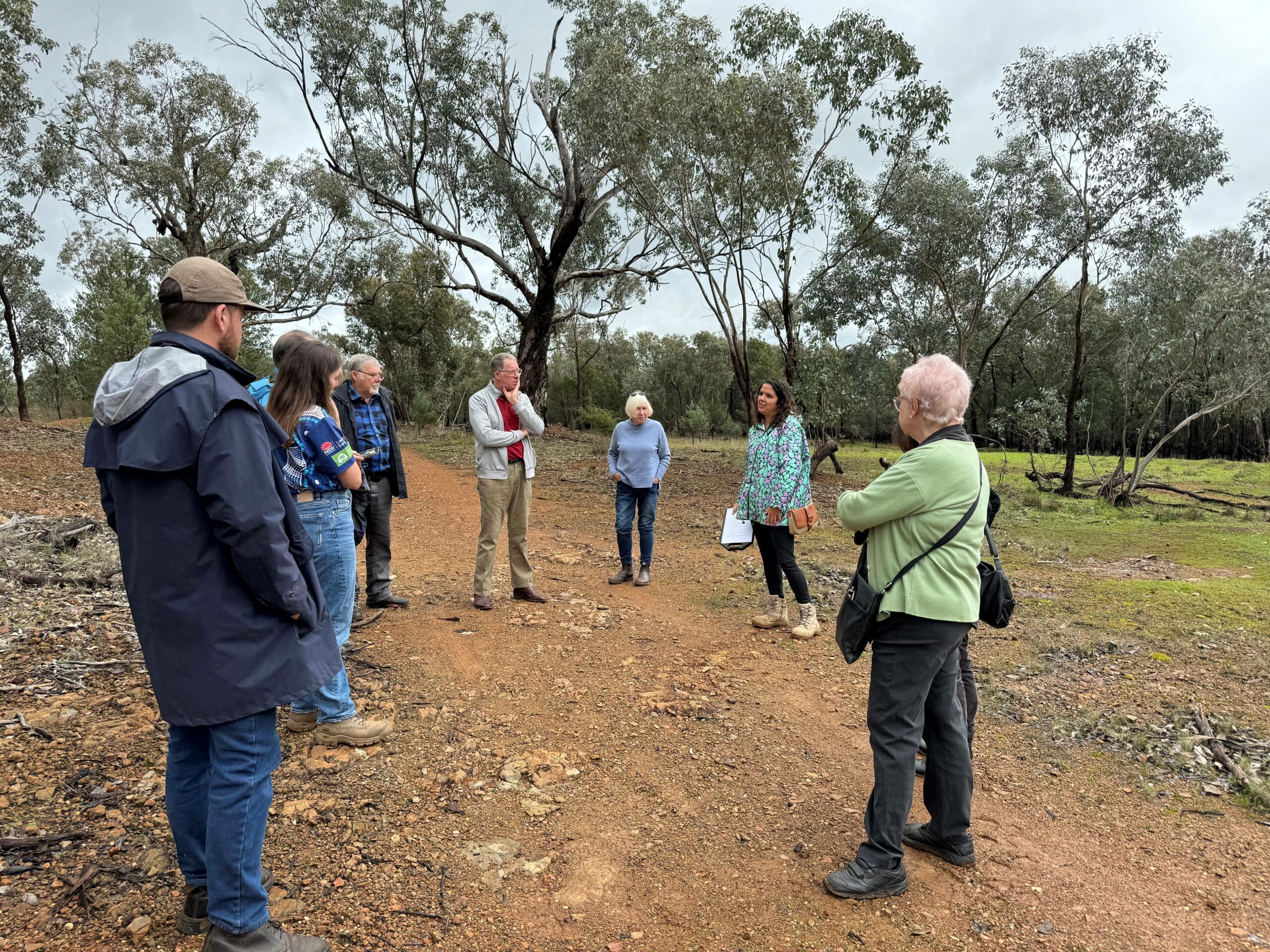
NOTICE OF 2025 LANDCARE NSW SPECIAL GENERAL MEETING
On behalf of the Board of Landcare NSW Ltd, Landcare NSW invites Members to join for the 2025 Special General Meeting (SGM) to vote on Constitutional Propositions for change.
Special General Meeting:
A notice for the Special General Meeting outlines the meeting and special resolution to be passed can be accessed here: Notice of Special General Meeting – Landcare NSW
The details regarding the Special General Meeting are as follows:
Date: Tuesday 3 June 2025
Time: 8.30-9.30am
Location: Online – via Zoom
2025 SGM Agenda and Zoom link will be shared prior to the meeting for those who complete Registration.
Please note *eligible voting members must pre-register to vote by 5pm Friday 30th May
Please contact Landcare NSW with any questions via enquiry@landcarensw.org.au
Governance Webinar:
A Governance webinar was held on Thursday 15th May, 9-10am to further discuss these proposed constitutional changes, allowing for our Members to participate in a Q&A with consultant, Randall Pearce; and with Landcare NSW Board Directors.
You can review the full detail behind the propositions for change, by visiting Governance Check Up page or by downloading the ‘What you need to know‘ document.
Please contact Landcare NSW with any questions via enquiry@landcarensw.org.au
Watch the Landcare NSW Governance Webinar:
*VOTING AT GENERAL MEETINGS:
Voting as a Member Group of Landcare NSW – what does this mean?
Every Incorporated and unincorporated Member group who is a financial member of Landcare NSW is entitled to one vote at our SGM. This must be the Chair or the nominated representative of the group. See ‘who can vote’ below
What are my membership rights?
The Landcare NSW constitution allow members in the following categories the right to vote.
**Group Member – YES
Honorary Life Member – YES
Associate Member – NO
Individual Member – NO
Can I send a proxy instead?
No.
As outlined in the Constitution, Proxy voting must not be undertaken at or in respect of a general meeting. Therefore, a committee cannot delegate this to a coordinator or paid employee if they can’t attend the meeting.
Who can vote?
Group Member – Chair or Nominated Representative of a Group Member (‘Group’ does not include district networks)
Honorary Life Member – Current Life Members on our Honour Roll
I want to vote and have my say on behalf of my group. What should I do?
Please ensure you pre-register with your name, email and group you are voting on behalf on before Friday 30th May, and you will be sent a link in advance to cast your vote.
**’Groups’ do not include district networks. The Landcare NSW Constitution defines a District Network member as representing ‘two or more Landcare Member Groups’ – (iii) District Network Member (non-voting) – an incorporated body composed of two or more Landcare Member Groups (whether incorporated or unincorporated) that is recognised by the relevant Regional Body.
Published 18 April 2025
